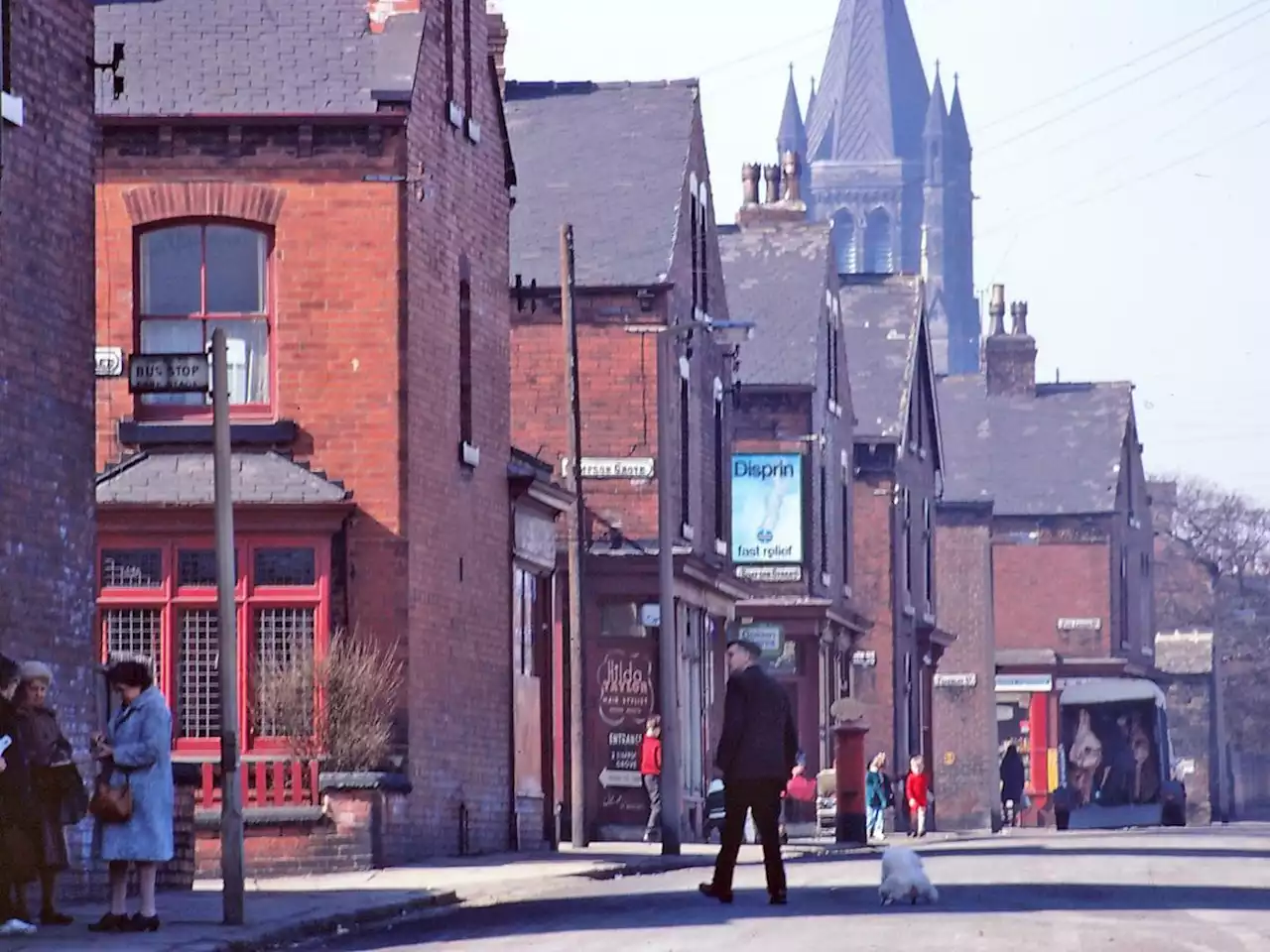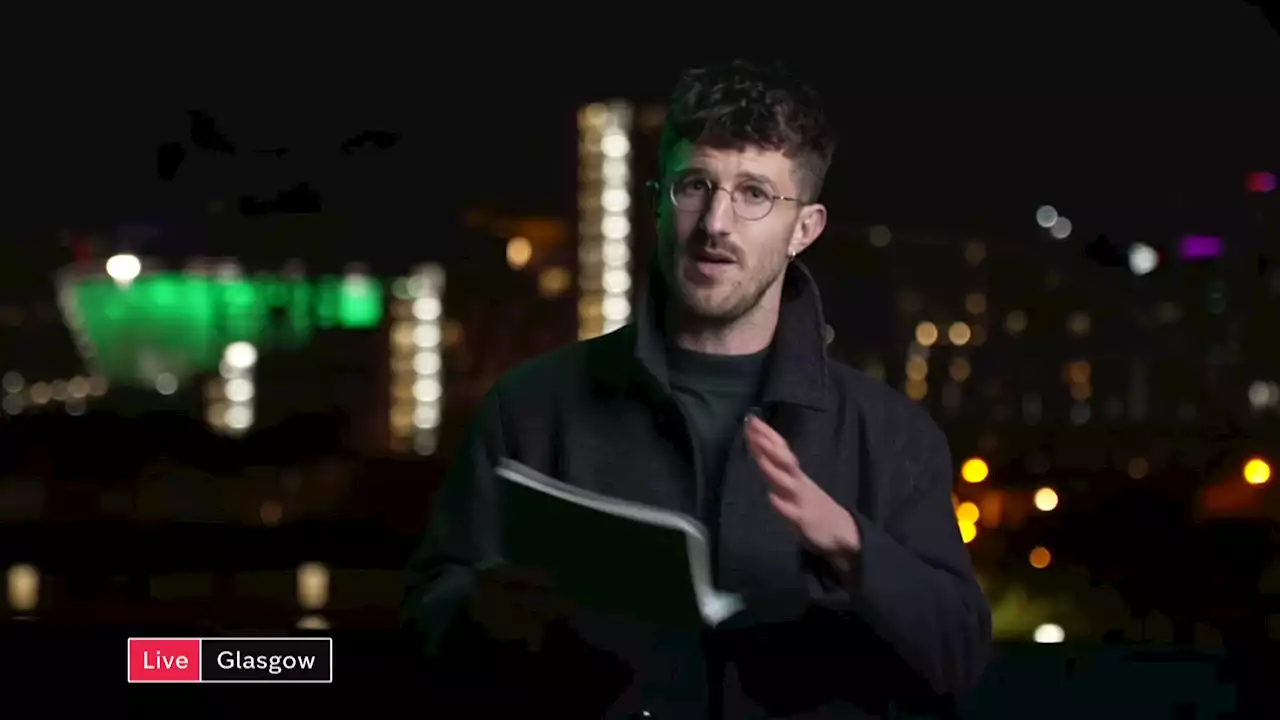A solarpunk future of clean-energy abundance failed to arrive in the 1970s. As the world faces another energy shock, what lessons can be learnt from the past?
Save time by listening to our audio articles as you multitaskdid not quite make it to “zero-energy” but its vital statistics were nevertheless impressive. It only needed 2,300 kilowatt-hours of energy a year, roughly the same as six modern fridges. Its copious insulation and solar-heating system kept it warm even in frigid Danish winters. When a family moved in, things deteriorated a bit, notes Marc Ó Riain, an architecture professor at Munster Technological University.
Economists believe that technological progress is the ultimate driving force of growth. The key question is what determines this progress’s direction. In 1932 John Hicks, an economist, started the debate about “directed technical change” when he theorised in his bookThe Theory of Wages” that raising the price of a certain factor of production—labour, in his example—would spur innovation to bring down its cost.
That was pretty much what happened in the 1970s. Although some money was spent on projects like the Danish zero-energy house and in the embryonic renewables market, much more went on grey technologies. Research by Valerie Ramey of the University of California, San Diego, and Daniel Vine of the Federal Reserve finds that the main way historical oil shocks have affected the American economy is by encouraging consumers to buy more fuel-efficient vehicles.
Environmental economists call this phenomenon—where fuel-saving measures perversely raise demand—the “rebound effect”. Something similar happened in Danish housing. Better insulation improved its energy efficiency; as a result, houses grew larger and their owners more used to higher temperatures. It became common, for example, to wear-shirts indoors during winter. According to official statistics, total housing energy consumption has been unchanged for the past three decades.
Australia Latest News, Australia Headlines
Similar News:You can also read news stories similar to this one that we have collected from other news sources.
 West Leeds in focus - Memories of Armley and Bramley during the 1960s and 1970sThey are the photos which are sure to evoke memories for a generation of west Leeds residents who grew up in and around Armley and Bramley.
West Leeds in focus - Memories of Armley and Bramley during the 1960s and 1970sThey are the photos which are sure to evoke memories for a generation of west Leeds residents who grew up in and around Armley and Bramley.
Read more »
 Spain Withdraws From European Energy Treaty Over Climate Concerns | OilPrice.comAfter months of speculation, Spain has officially kicked off the process of withdrawing from the Energy Charter Treaty, a European treaty that seeks to protect energy investments, over climate concerns.
Spain Withdraws From European Energy Treaty Over Climate Concerns | OilPrice.comAfter months of speculation, Spain has officially kicked off the process of withdrawing from the Energy Charter Treaty, a European treaty that seeks to protect energy investments, over climate concerns.
Read more »
 Chevron CEO Blames Climate Policies For Global Energy Crisis | OilPrice.com'The reality is, [fossil fuel] is what runs the world today. It's going to run the world tomorrow and five years from now, 10 years from now, 20 years from now,” Wirth explained.
Chevron CEO Blames Climate Policies For Global Energy Crisis | OilPrice.com'The reality is, [fossil fuel] is what runs the world today. It's going to run the world tomorrow and five years from now, 10 years from now, 20 years from now,” Wirth explained.
Read more »
 Renewable energy companies to face ‘windfall tax’Revenues from nuclear power plants and solar and wind farms could be capped under a new government plan. But the government insists it doesn’t count as a windfall tax, as RoachSN explains.
Renewable energy companies to face ‘windfall tax’Revenues from nuclear power plants and solar and wind farms could be capped under a new government plan. But the government insists it doesn’t count as a windfall tax, as RoachSN explains.
Read more »
